As demand surges for electric vehicles, renewable energy storage and national defence capabilities, so too does the need for critical battery materials like lithium, nickel, cobalt and manganese. Yet, instead of securing these vital resources, the UK continues to export black mass – the concentrated, metal-rich material recovered from end-of-life lithium-ion batteries – overseas for refining.
This export drains economic value, weakens national security and undermines the UK’s clean energy ambitions.
Altilium’s ACT 3: A Strategic National Asset
Altilium is reversing this trend. Our new ACT 3 hydrometallurgical refinery in Devon is the UK’s first commercial-scale plant dedicated to processing black mass domestically. By transforming waste into high-purity battery precursors pCAM and CAM, we are anchoring a circular, low-carbon supply chain and creating a blueprint for industrial renewal and national resilience, aligned with the goals of the UK’s new Modern Industrial strategy.
Energy Security Is National Security
In a world of shifting geopolitics, securing access to critical materials is essential to the UK’s future. Altilium’s ACT 3 refinery and our planned ACT 4 mega-scale recycling hub will play a critical role in powering not just EVs, but transport fleets, military systems and grid-scale energy storage.
As energy and defence systems grow increasingly electrified, access to critical minerals is no longer just an industrial issue, it’s a strategic need. Delays or disruptions in global supply chains put UK readiness and resilience at risk.
Altilium’s vertically integrated model, from collection of used batteries to refining of battery-ready cathode active materials, keeps the full value chain within national borders. Our ACT 3 and future ACT 4 projects offer the UK a stable, sovereign foundation for battery production, defence autonomy, and energy security.
Exporting Black Mass = Exporting Value and Control
Every shipment of black mass sent abroad is a missed opportunity. It fuels economic growth and technology advancement in foreign nations while the UK needs to buy back refined materials at a premium.
Keeping black mass onshore means we retain the value, create skilled jobs and gain strategic control over the raw materials essential for our electric mobility, energy infrastructure and defence systems.
Driving Industrial Growth and Job Creation
Black mass isn’t waste, it’s a high-value feedstock for green industry. By refining it in Devon, Altilium is creating over 70 skilled jobs in clean tech and investing over $30 million in the South West. ACT 3 will process over 8,000 tonnes of black mass annually and produce battery intermediates.
Circularity Is the Path to Independence
Rather than importing mined materials from high-risk, high-emission regions, we can recover what we already have, from batteries already on UK roads. This closed-loop model reduces emissions, cuts costs and builds a more sustainable and resilient battery ecosystem.
Altilium’s process achieves recovery rates of up to 95% for key metals with a 74% lower carbon footprint than virgin mining, all under strict UK environmental and labour standards.
From Waste to Strategic Resource
Altilium is the only UK company turning waste batteries into battery-grade pCAM and CAM at commercial scale. By sourcing, refining, and producing entirely within the UK, we cut reliance on imports, improve supply chain transparency, and retain control over the sustainability and quality of essential battery components.
We’re not just closing the loop, we’re building a secure, circular battery economy that supports climate targets, regional jobs and UK industrial resilience.

Get in touch
Building the recycling infrastructure needed for net-zero requires a collaborative approach.




